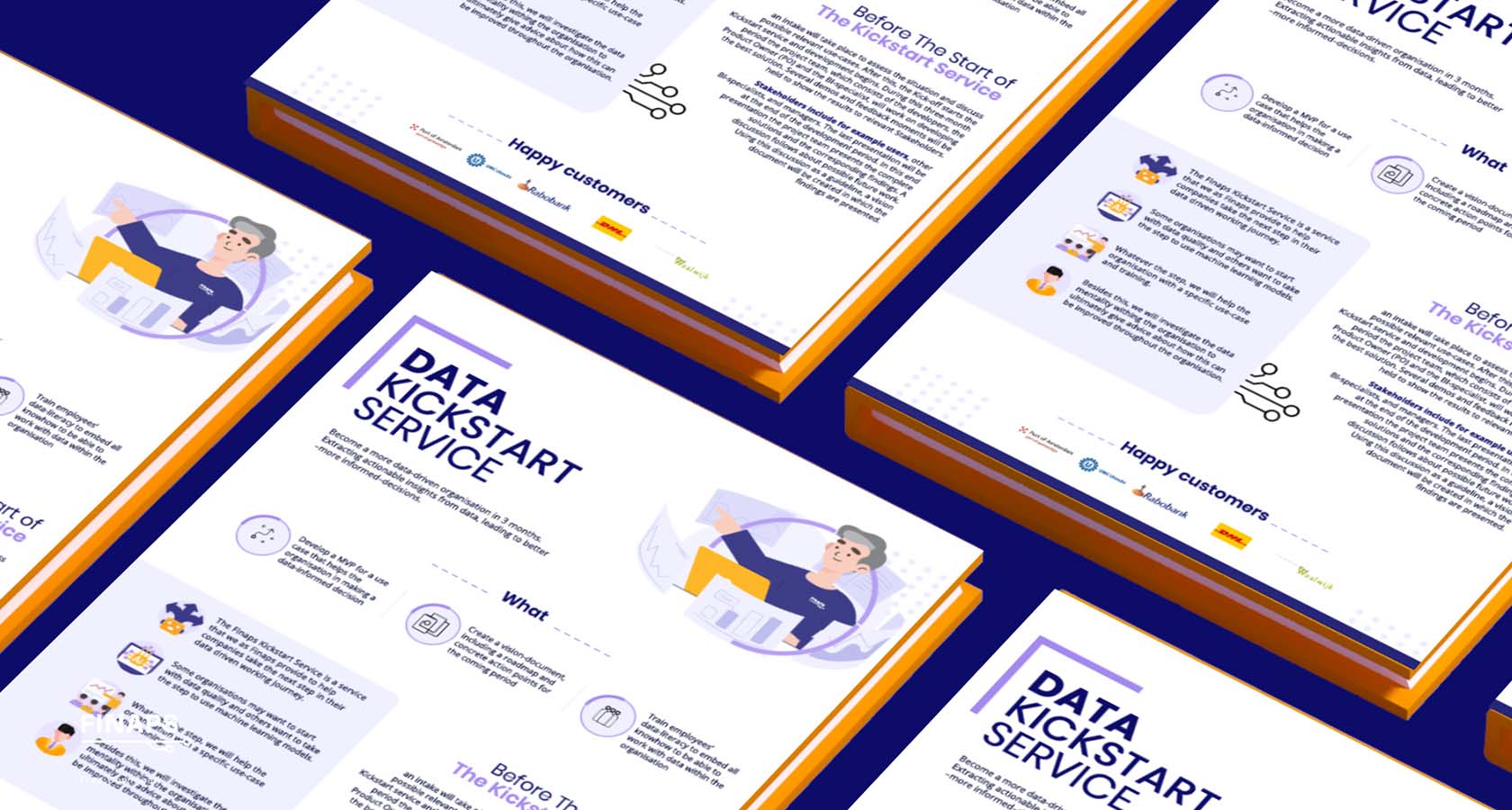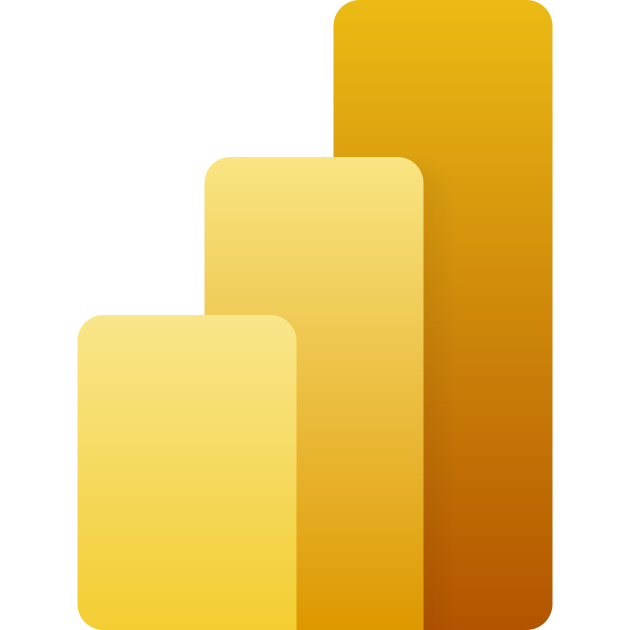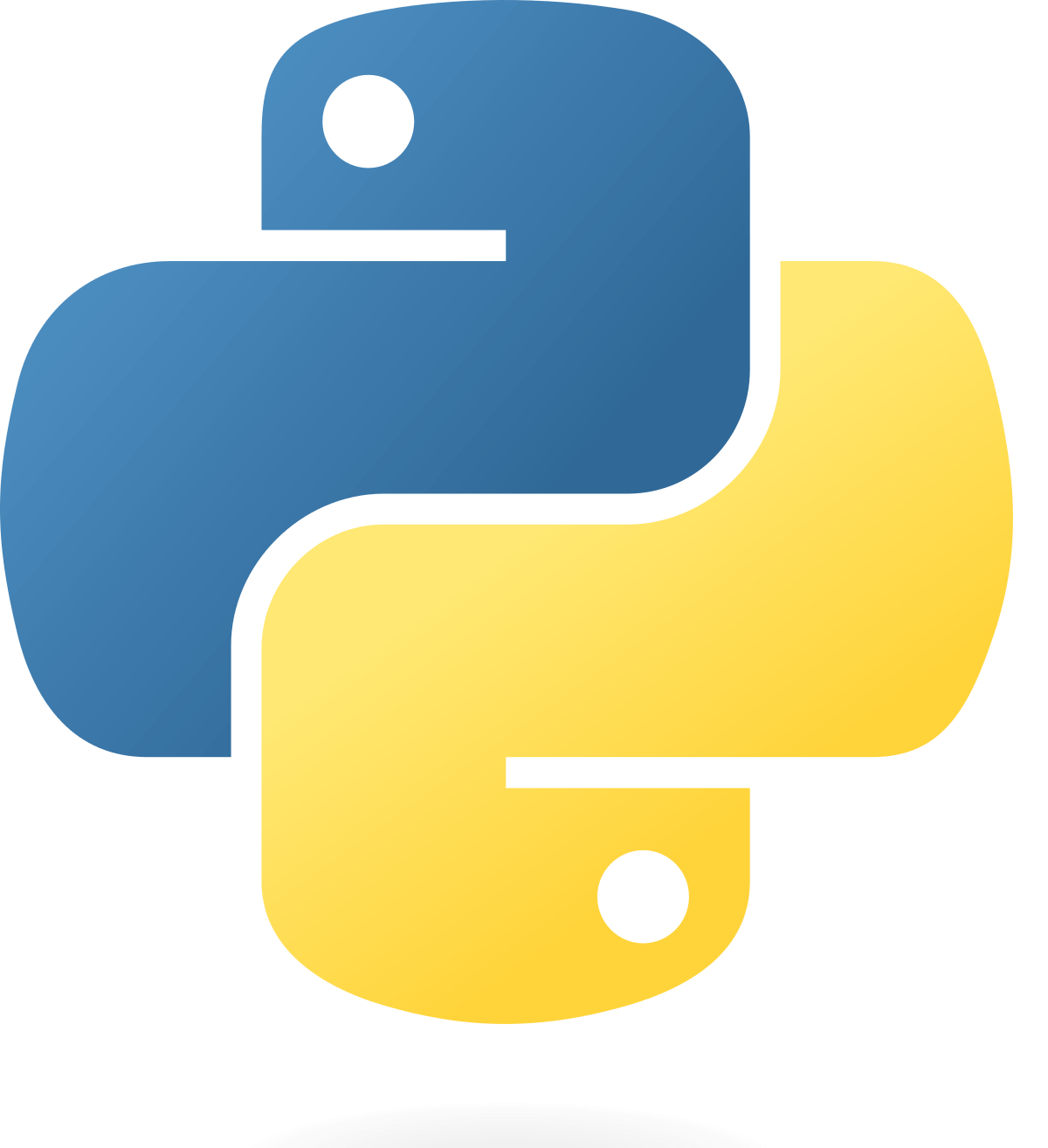Bring data science expertise in-house
A prerequisite for a data-driven organisation is to have data science expertise in-house. Data science expertise enables you to collect data from various internal and external sources. You can analyse this data using mathematical and statistical models. This creates insights, speeds up processes and can even lead to predictions.
You can get this expertise in-house by hiring new people. However, which people should you hire? Only Data Scientists? Data scientists are sometimes said to be the most sought-after profiles on the market. We are all fishing in the same pond. They are scarce, and expensive and prefer to choose exciting projects at large companies that are already far advanced in their digital transformation. Luckily, there is another way to bring data science expertise in-house. And even better. There’s no hiring involved. Marlies van Sonsbeek shares her secrets on how to bring data expertise in-house.
In short:

1. The Data Scientist
The changing role of a Data Scientist.

How we get it done
Don’t just build it: Never underestimate asking the right questions.

How can we help you?
Collaboration is within our DNA.
1. The Data Scientist
What is a Data Scientist?
The core task of the (Big) Data Scientist is to structure and analyse large amounts of data in order to discover certain insights that are relevant to the organisation he works for. The Data Scientist does this by making use of various technologies, or by developing technologies for this themselves by writing algorithms. The Data Scientist can be described as the engineer of the future. The Data Scientist provides the data processed by him as input to other disciplines in the organisation, such as management or product development.
“The role of the Data Scientist is crucial for organisations that want to gain insight from their data. Analytical and decision modelling skills are required to discover connections within data and uncover patterns. Data management skills are required to build the relevant dataset used for analysis.” – Gartner.
“Analytical and decision modelling skills are required to discover connections within data and uncover patterns.”
The changing role of a Data Scientist
The role of the Data Scientist has changed significantly in recent years. Whereas the ‘scientist’ was sought in the past, the ‘connector’ is now sought. The Data Scientist of today must, of course, have a background in mathematics and knowledge of software development. At least as important are: knowledge of the market and the ability to communicate.
The Data Scientist at Finaps
At Finaps we have another word for Data Scientists, we call them Data Analytics Engineers. They are capable of analysing the business issue, translating it into the required solution and actually implementing it using the right technology. Van Sonsbeek sums it up affectionately: “I often call them the communicative nerds. Our engineers help you get value out of data, optimise processes and look at how your people can build expertise themselves. What’s more, all our ‘communication-savvy nerds’ have an in-depth knowledge of the financial services market.
“Our engineers help you get value out of data, optimise processes and look at how your people can build expertise themselves.”
2. How we get it done
Don’t just build it
The ‘you ask, we deliver’ principle is not in the DNA of the Data Analytics Engineer. We only start building when we know for sure that the solution will work for the people who will work with it. We do this by asking the right questions to the right stakeholders in advance. Both to the people who will work with the solution and to the IT department. We ask the right questions. What information is needed, what analyses are required and how can this be made accessible to the customer in an intuitive manner? “Our Data Analytics Engineers can be seen as your full-fledged sparring partner. What do you really want? Do you know what you don’t know?”, van Sonsbeek sums up.

Micro goals
Once the dot on the horizon is known, we start on a small scale. We keep working towards micro objectives. Are we on the right track? After each phase, a decision is made: do we continue or should we take a different route? “Not that we deliver something after six months and find out that the customer expected something else,” says van Sonsbeek. This is how you create solutions that actually work for the users.
“After each phase, a decision is made: do we continue or should we take a different route?”
3. How Finaps helps
Together with the Data Analytics Engineers of Finaps, you set up processes via your preferred platform. Modern platforms, such as the SAS platform, are so user-friendly that the users themselves can perform actions that are normally done by Data Scientists. This way, you can hire ‘Data Citizens’. These are people who especially understand the business and are easily able to work with a ‘no code interface’.
We help you to take the next step
Whether you are a small company looking for data expertise or a company with an existing professional data team, we help you to take the next step in your data journey. Our Data Analytics Engineers are experienced technically but also have the talent and knowledge to translate this into a business solution that creates real value for our customers. Pure data analysis is no longer sufficient, we are convinced that only the translation into action, process, or prediction disclosed in an intuitive application can help our customers a step further.
In all our projects we work together with clients to combine business knowledge and data knowledge with the objective to create value. We as Finaps think along, we look with fresh eyes and new ideas at where you are now, where you want to go and how to get there in the most efficient and valuable way. We bring a lot of experience from the financial world but always work in partnership with clients to maximise their internal knowledge of their own business processes and build a distinctive solution based on this knowledge.
What can we achieve in three months?
Become a more data-driven organization in three months. Extracting actionable insights from data, leading to better –more informed–decisions.

Getting started with the data kickstart service
1. Develop an MVP for a use case that helps the organisation in making a data-informed decision
2. Create a vision-document, including a roadmap and concrete action points for the coming period
3. Train employees’ data-literacy to embed all knowhow to be able to work with data within the organisation
Our cases
Our tech partners
Finaps uses fit-for-purpose (FFP) technologies, either Open Source or licensed. Mendix is our strong low-code platform partner, while we use SAS for its outstanding analytics platform. Our advice doesn’t depend on the available framework but is always based on the best possible solution for our client. As it should be.








